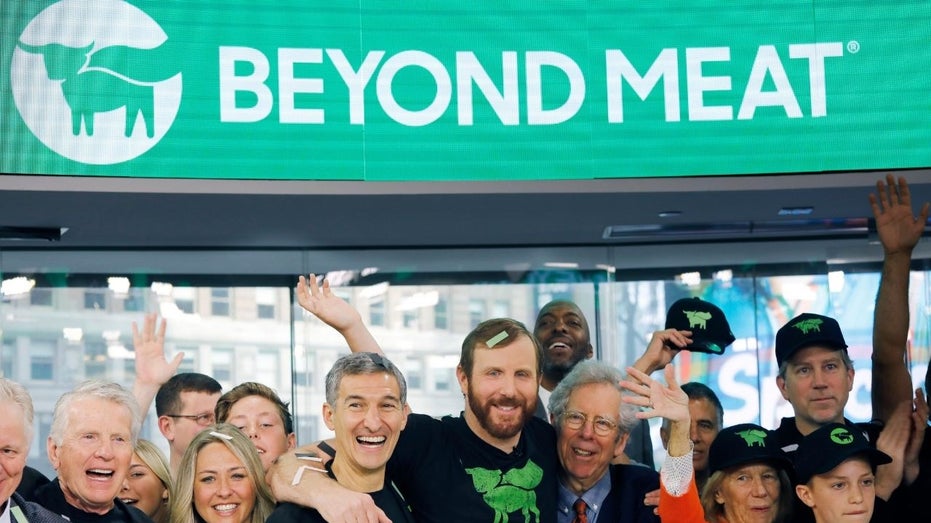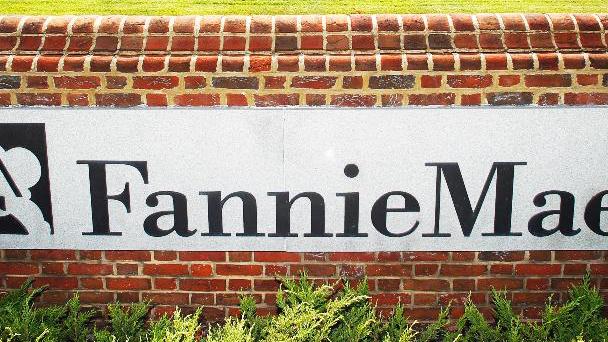Is the IPO market dead? Depends on who you ask
Is it time to write the epitaph for the IPO?
That’s the word out of the tech-finance conference Web Summit in Lisbon this week, according to the Axios Edge newsletter. Venture capitalists have more cash on hand than ever before as early investors sell stakes in private companies to later investors with no need for an IPO, and one pension plan administrator reportedly said the IPO market is dead.
Share prices for several companies that went public this year have dropped since their IPOs. Uber fell to nearly $26 this week after its lockup period for early investors and employees expired. Beyond Meat’s price spiked from $65.75 on its first day of trading in May to more than $230 in August before falling dramatically, floating around $80 this week. After peaking about a week after it went public, SmileDirectClub’s price fell by half over the course of a month, having recovered slightly since.

Ethan Brown, center, CEO of Beyond Meat, attends the Opening Bell ceremony with guests to celebrate the company's IPO at Nasdaq, Thursday, May 2, 2019 in New York. (AP Photo/Mark Lennihan).
GET FOX BUSINESS ON THE GO BY CLICKING HERE
With all that volatility, early private investors haven’t all done too well on the public markets. So does that mean companies and investors will steer clear of IPOs? Not so much, according to Ross Gerber, president and CEO of the wealth and investment management firm Gerber Kawasaki.
“The IPO market is perfectly fine, actually,” he told FOX Business. “What’s dead is selling the public garbage.”
While venture capitalists and private equity sellers have profited in the past by pumping up the price of “garbage companies” and then dumping them on the public, more readily available information online is helping investors make better decisions, Gerber said.
The way companies use IPOs has evolved, according to Gerber. While they once allowed the public to get in on the growth of a company, many are now using them as a chance to cash out.
UBER’S LOSSES SHRINK AS CEO PROMISES PROFITABILITY FOR 2021
“It’s because it’s not doing well,” Gerber said. “It’s just a cash-out function so they can invest in other things because they know it’s not good.”
While many tech startups have promoted a growth-before-profits philosophy, Gerber questioned why anyone would buy stock in a company that isn’t making money, describing some as “borderline fraud.”
Everyday investors thinking of buying shares in a company are better off waiting for the IPO, watching the company’s financial reports and letting the public determine the company’s correct valuation first, according to Gerber.
“Don’t believe the hype,” he said.




















